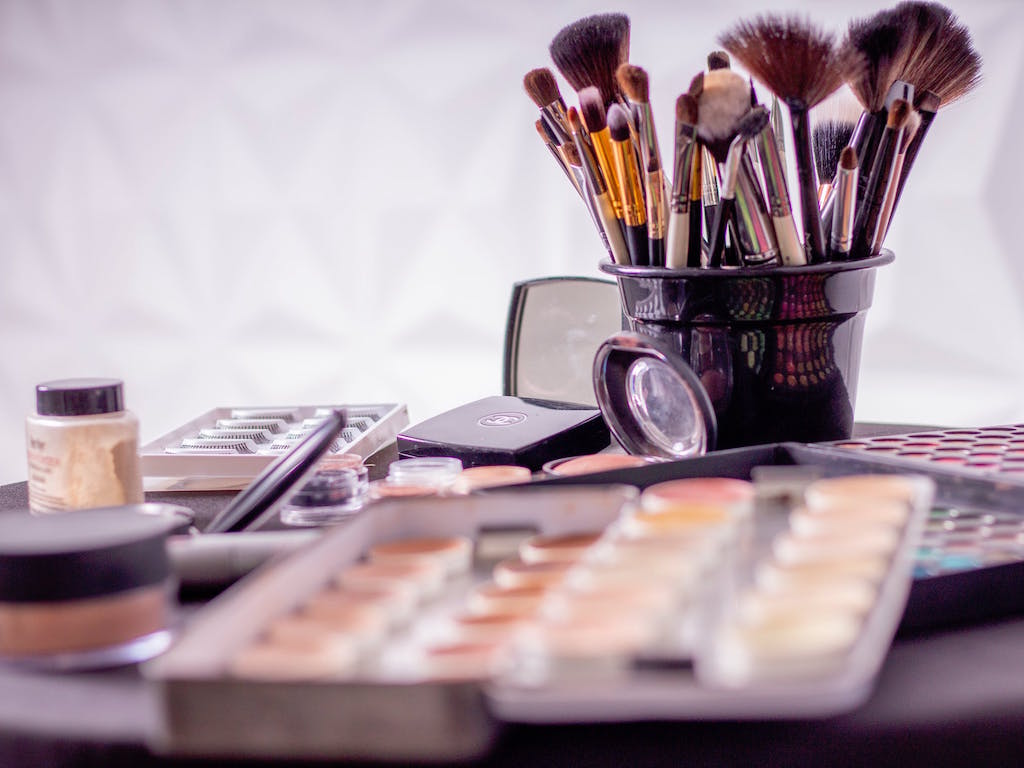3 Mins Read
It seems like it won’t just be sustainable fashion exploding this year – secondhand beauty is taking off as well. Driven by eco-conscious consumers, companies are now coming up with platforms for beauty enthusiasts to buy and sell used cosmetics and skincare products. The resale beauty market is also coming out with procedures to deal with hygiene and expiration date issues associated with preloved beauty products, which can lower consumer confidence.
Operating on a similar model as the world’s largest online fashion thrift store thredUP, Glambot is a makeup and skincare resale platform that is the latest to take the beauty world by storm. Founded in 2013 by Karen Horiuchi, consumers send into Glambot their preloved makeup, skincare products and beauty tools that are still in good condition, and the company will pay out the sender and resell it directly on its website and app. It’s emerged as a go-to for many beauty enthusiasts who are looking for like-new second-hand beauty products, many of them limited-edition and come at a fraction of the original retail price.
Major second-hand apparel companies are keen to catch onto the trend, and are now testing the beauty resale category as well. In 2019, social commerce marketplace Poshmark added an official makeup market for preloved beauty products. Ebay has joined in too, with users looking at the site for good deals on limited-edition and sold-out beauty products or putting up items in an effort to declutter their makeup collection.
While there remains no clear growth figures for the emerging beauty consignment market, the statistics indicate a promising future. A survey conducted by global market research firm Ipsos found that 37% of people are interested in buying pre-owned beauty products, and 49% cited better value for money as the driving factor for beauty resale. Beyond the obvious price savings, according to global trend analysts at WGSN the sector’s growth is additionally motivated by consumers’ environmental concerns with waste and the social shopping aspect of resale sites.
Unlike second-hand fashion, pre-owned beauty faces unique challenges. Namely, customers are usually concerned about the hygiene and expiration date of used personal care products and could be held back from venturing into this market. The survey by Ipsos found that 68% of participants said that concerns about hygiene and bacteria was a top reason to avoid resold beauty products, while 34% were held back by the mysteriousness of who the previous owner was.
But companies are already gearing up to fight these problems, including Glambot, who have built product cleaning into their service. According to the company, every product sent to Glambot is professionally sanitised, for example, removing the top layer from pressed powders, eye shadows and lipsticks. It’s worth remembering that before second-hand fashion took off, fashion consignment was plagued by similar concerns about hygiene, so there is hope for the resale beauty to outgrow this stigma in the near future.
Combined with the eco-friendly appeal of secondhand items, the beauty resale market is likely positioned for growth. The younger generation of consumers, in particular, have demonstrated that they are motivated by environmental concerns such as the climate crisis and waste reduction, are are looking to minimise their impact as much as possible from making dietary changes to supporting circular businesses. They have already propelled the rise of apparel resale digital platforms like The RealReal and have significantly helped to push the second-hand clothing market to US$ 29 billion last year. This number is set to double by as soon as 2023, according to a thredUP market report.
Lead image courtesy of Pexels.



